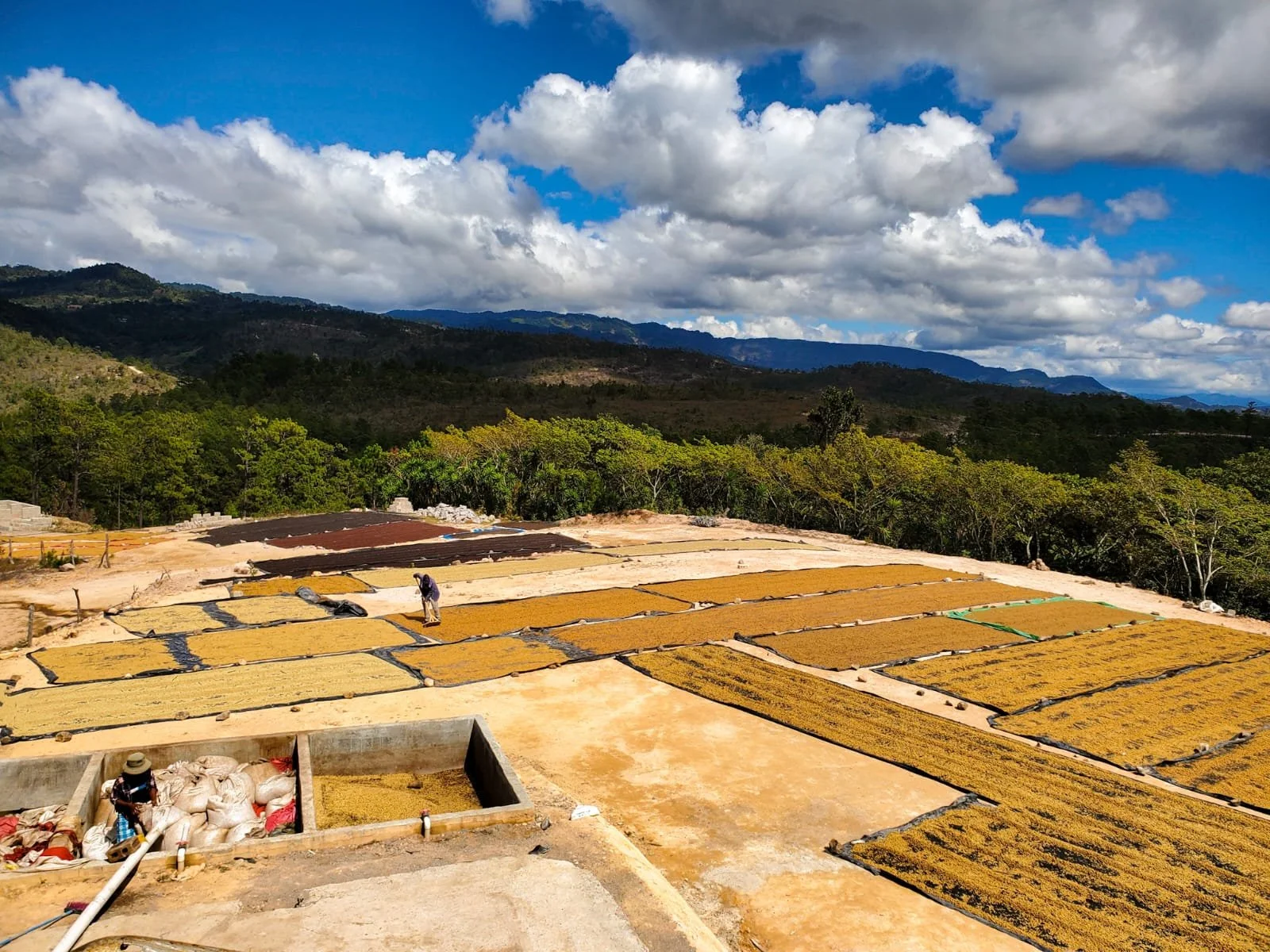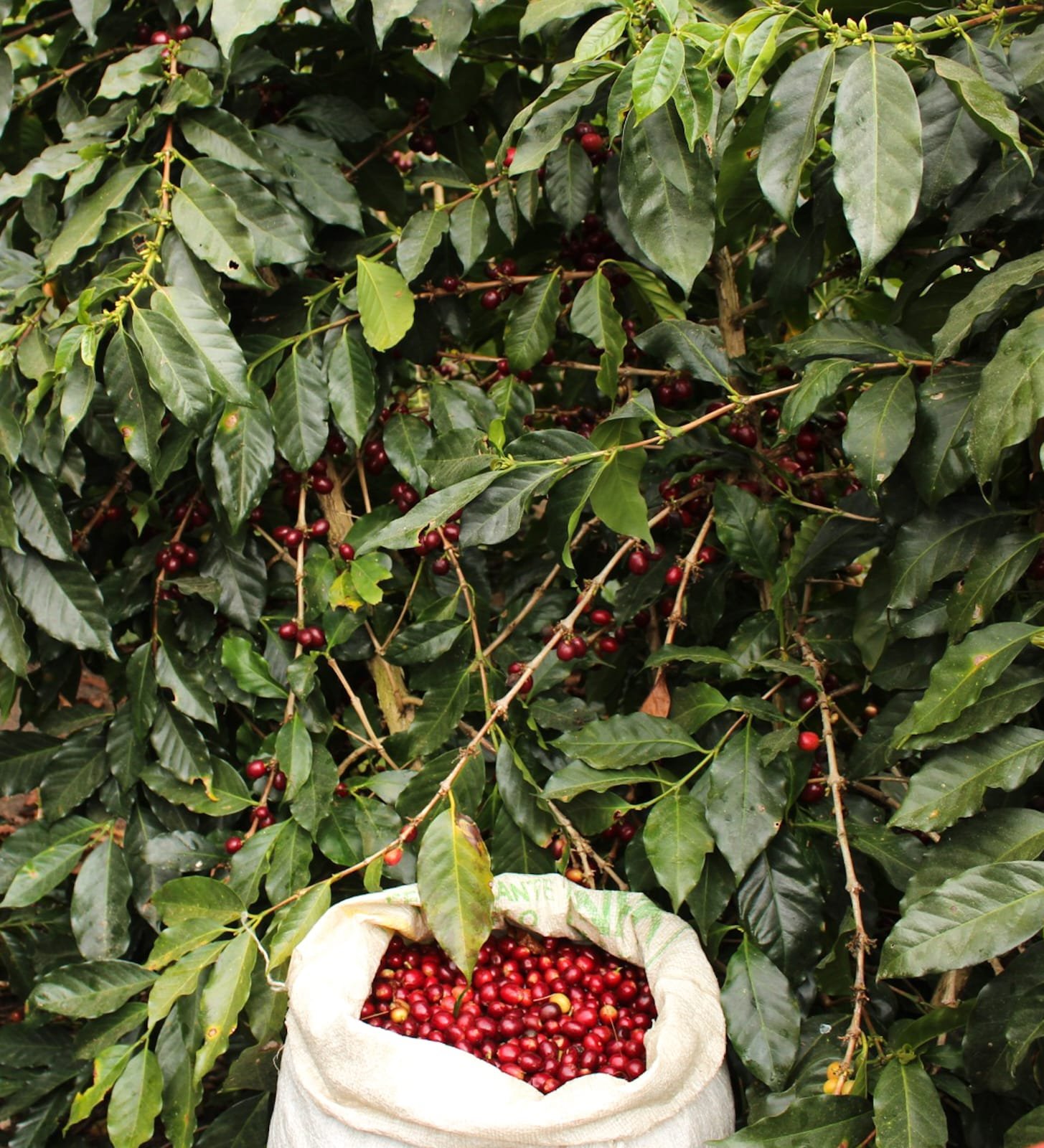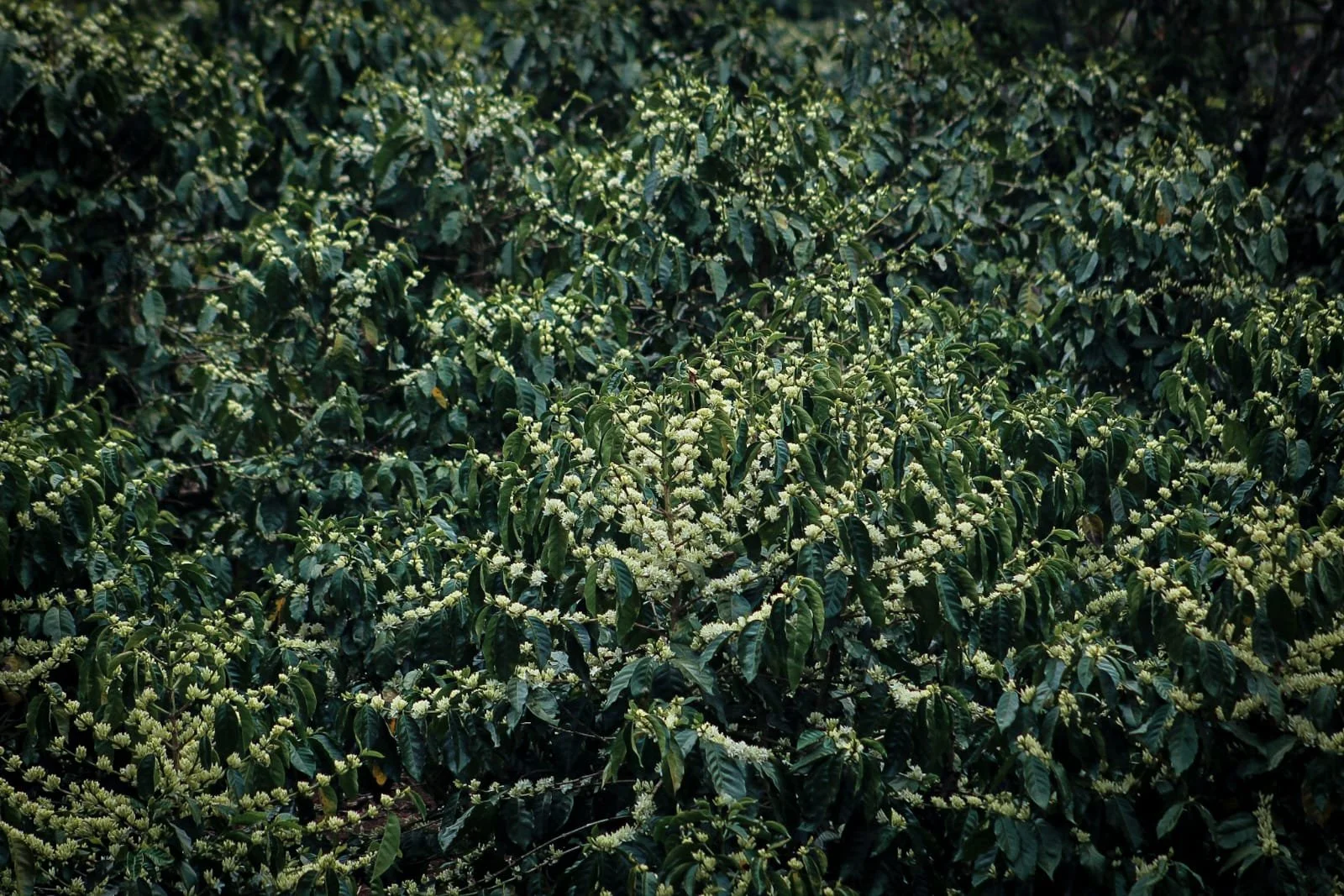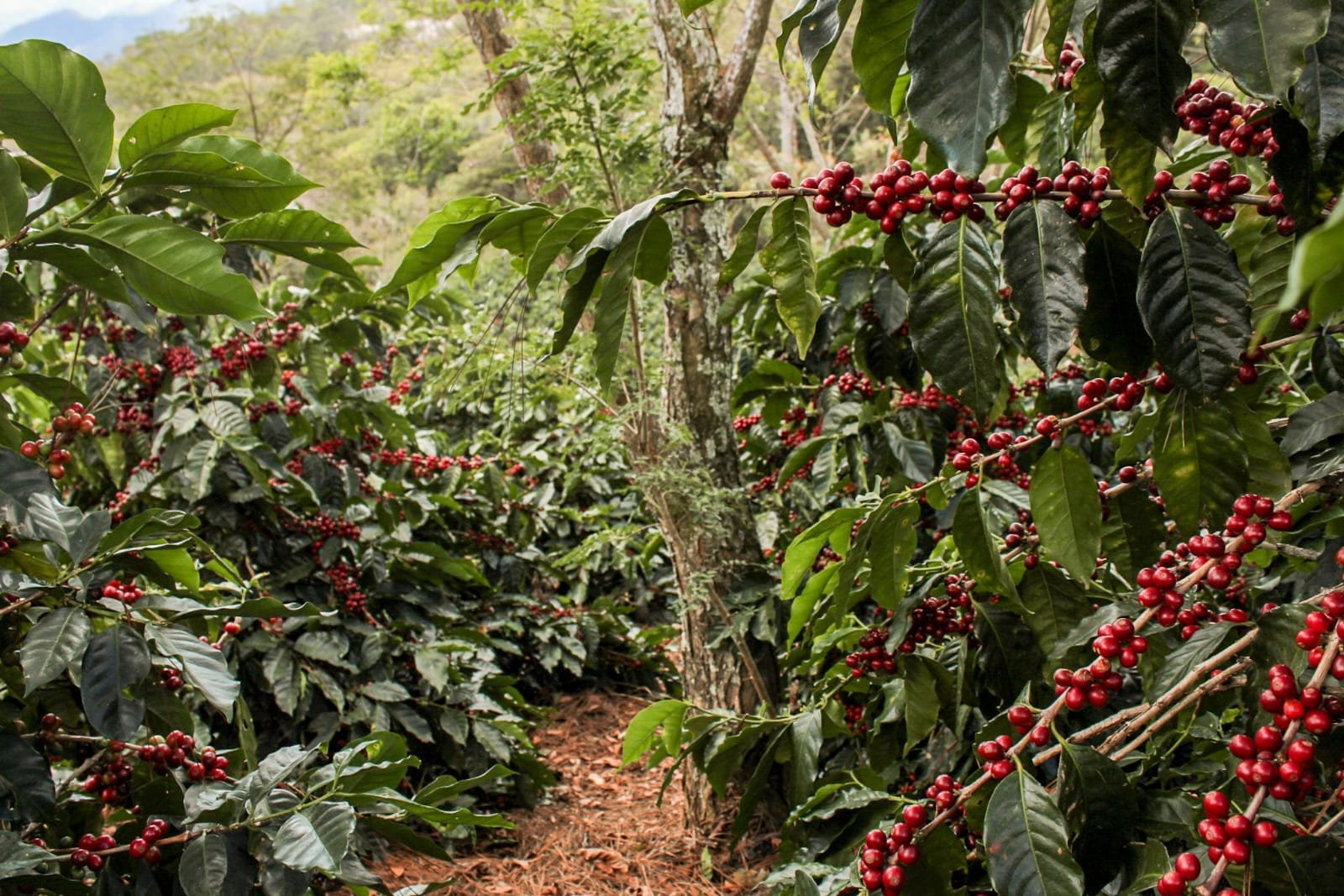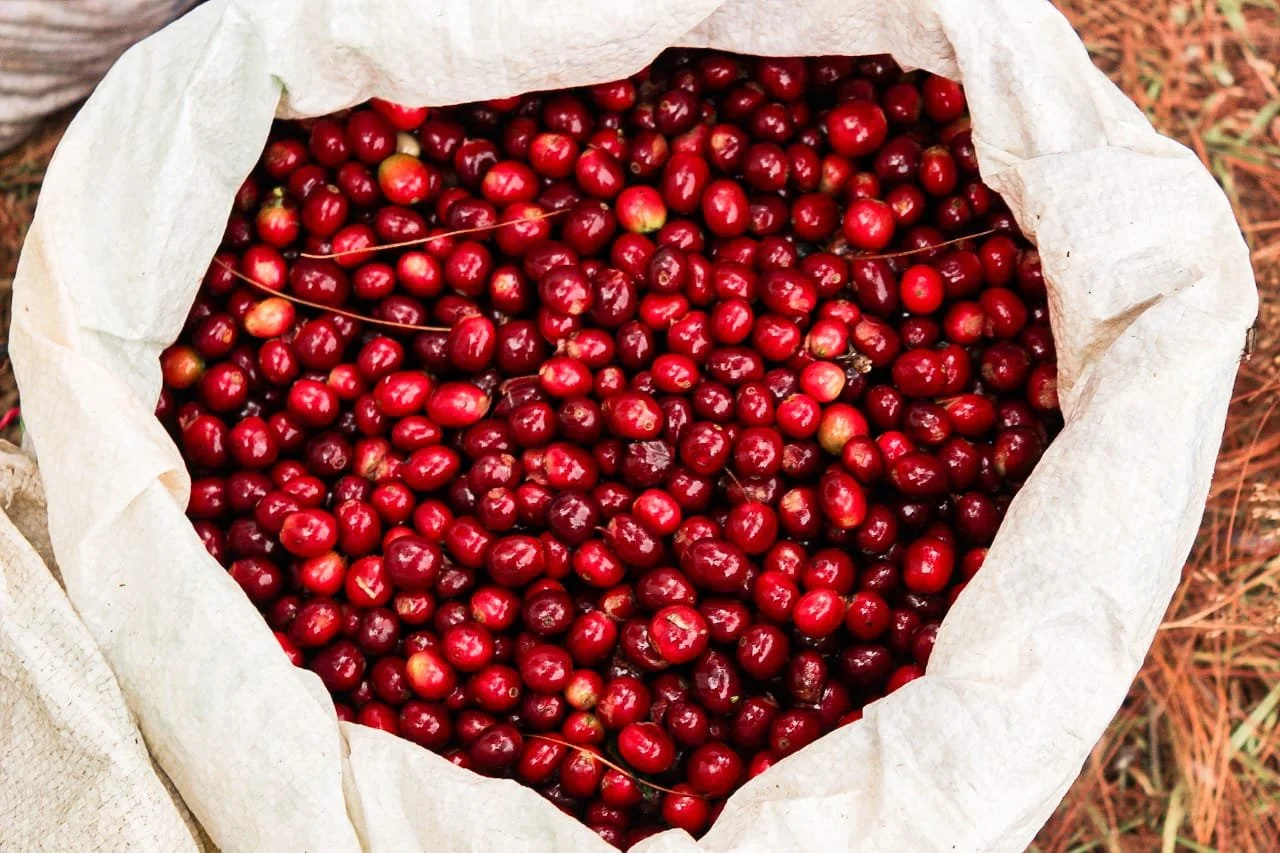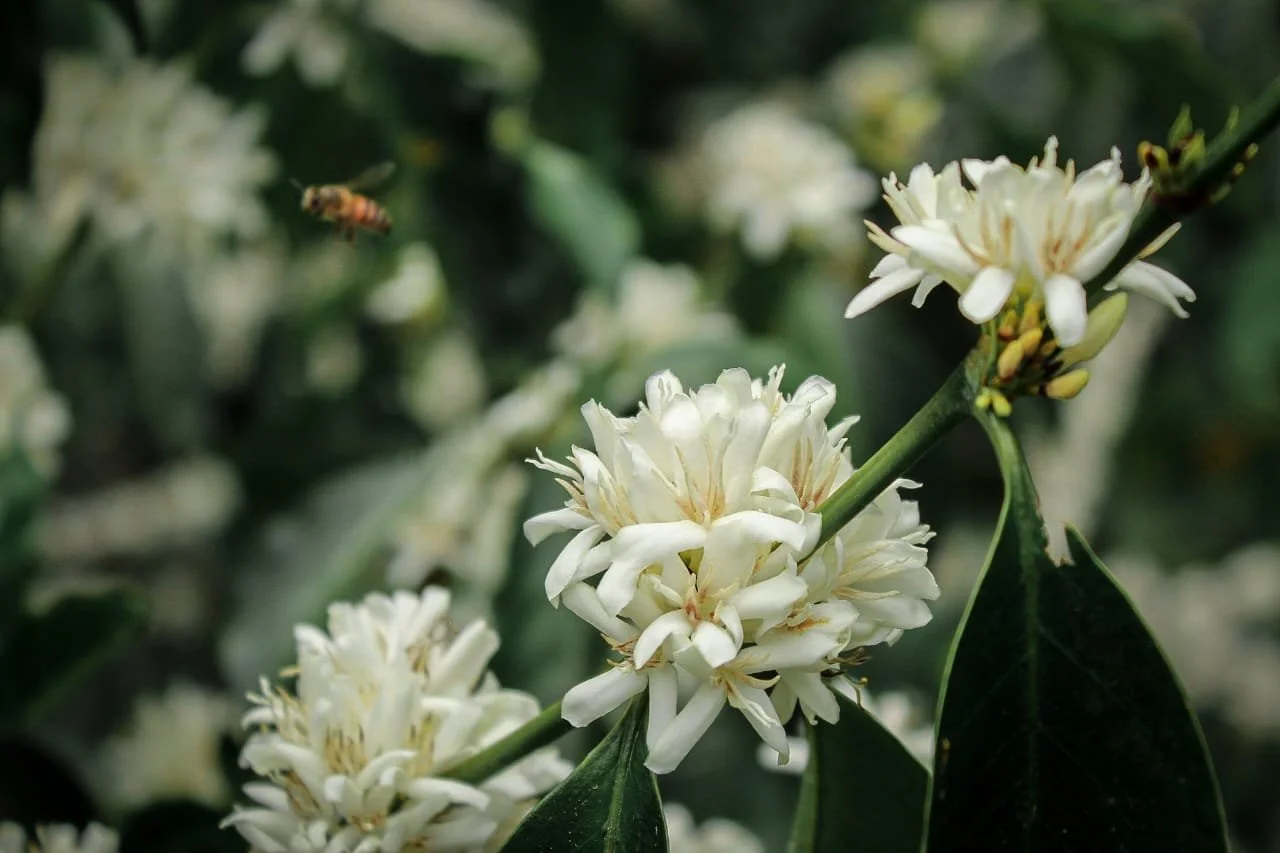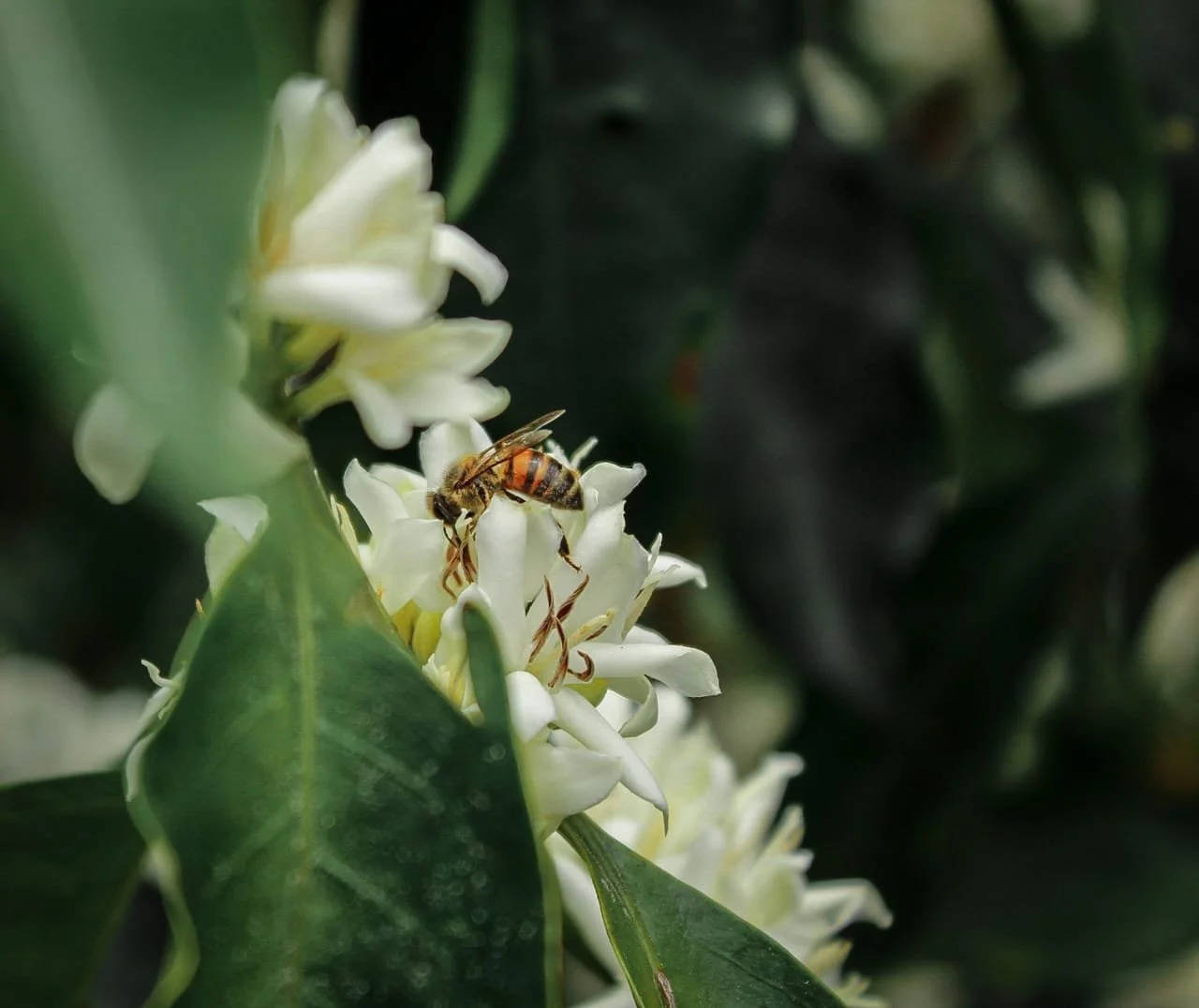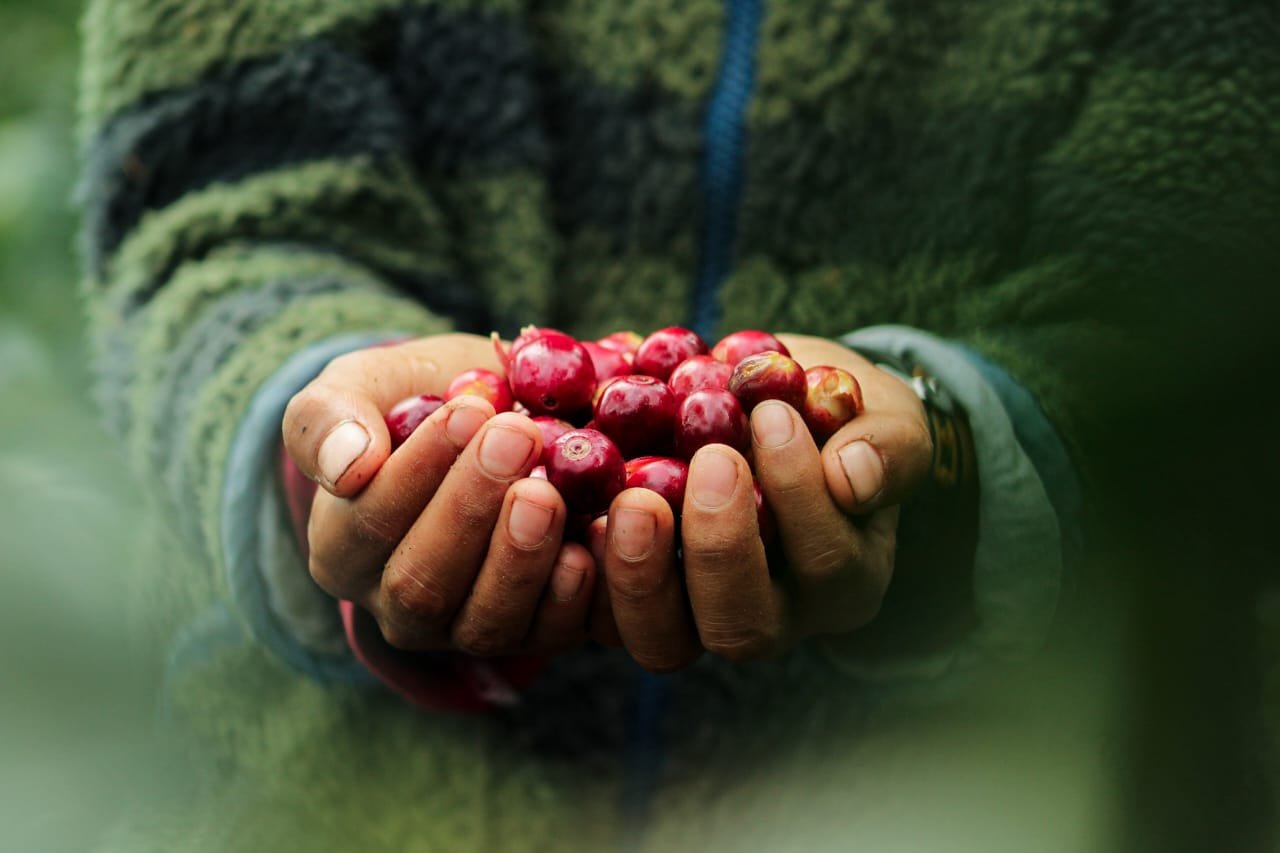LA JOYA
SINGLE FARM
〰️
Relève générationnelle
〰️
SINGLE FARM 〰️ Relève générationnelle 〰️
Producer Cralos Amaya
Farme La Roya
Region El Cerron, Marcala
Altitude 1700 - 1800 masl
Process Natural et 65h Natural
Species Arabica
Variety Lot 1: Catuai, bourbon Natural
Lot 2: Parainema 65h Natural
Harvest March
LA JOYA
Tucked away in the picturesque community of El Cerrón, in Marcala, La Paz, Finca La Joya is far more than a coffee farm. It is a family-run enterprise devoted to speciality coffee, built on the values of resilience, heritage, and a profound connection to the land. Renowned for its exceptional cup quality, La Joya also places sustainability at the heart of its mission. Through agroforestry systems, the Amaya family works tirelessly to protect the environment and preserve the region’s delicate ecosystems.
In 2022, the family launched the “Beca Las Joyas” scholarship programme, which covers school fees for children and young people from the surrounding community, ensuring access to education where it might otherwise be out of reach. Today, Finca La Joya supports more than 150 families through seasonal employment, and provides permanent jobs for 15 families — every cup brewed from their harvest tells a story of dedication, tradition, and social responsibility.
The farm’s story begins in the 1970s, when Don Álvaro Amaya, grandfather of current producer Carlos Amaya, first purchased the land. It was later passed down to Carlos’s parents, Santos Amaya and María Rodríguez. Tragedy struck when Carlos lost his father at just eight years old, and after many hardships, Carlos and his wife Isis made the bold decision to revive the family farm.
It was Carlos who renamed the estate "La Joya", a name inspired by the steep hills of the region, locally called joyadas. These slopes resemble the shape of a cut gemstone or diamond, inspiring Carlos to choose a name that reflects both the natural beauty of the land and the value of their legacy.
In the early days, supporting the family meant Carlos had to leave for the United States in search of work, while Isis remained behind to manage the farm, raise their two children, and work as a schoolteacher. As is often the case in the world of coffee, women play a vital — and often unsung — role in driving success from the ground up.
When Carlos returned to Honduras, he dedicated himself to raising the bar of quality. He trained in cupping and coffee business management with IHCAFE, earned his Q Processing Professional certification from the Coffee Quality Institute (CQI), and completed a coffee fermentation course at TECNICAFE in Colombia. These milestones have sharpened his technical expertise and transformed the quality of the coffees coming out of La Joya.
Today, Carlos continues to drive the farm forward, blending technical precision with a deep-rooted passion for quality and a steadfast commitment to both the environment and the community. Finca La Joya is not just a farm — it is a symbol of perseverance, progress, and the power of coffee to uplift lives.
LA FLOR PLOT
La Flor is the name of the parcel where the Parainema lot grows. It is a 50 ha parcel located on the highest part of the farm, altitude reaches 1800 masl.
PROCESS
Carlos’s coffees are hand-harvested at peak ripeness, typically around 24° Brix, ensuring maximum sweetness and complexity.
LOT 1: CATUAI, BOURBON NATURAL
After removal of floaters, the beans were then dried slowly on shaded African beds over the course of 30 days, at ambient temperatures ranging from 18°C to 30°C. This takes place at the farm.
Drying continued until the lot reached a moisture content of 10.7% and water activity of 0.58, ensuring stability and preserving quality ahead of export.
LOT 2: PARAINEMA 65H FERMENTATION
This particular Parainema lot underwent an extended fermentation of 65 hours in covered fermentation tanks, maintained at temperatures between 18°C and 22°C. The process was closely monitored, with a pH of 3.8 and a final residual sugar content of 14° Brix, allowing for a controlled microbial activity and optimal flavour development.
Following fermentation, the coffee was washed to remove floaters and foreign matter, significantly reducing microbial load and improving the consistency and cleanliness of the cup.
The beans were then dried slowly on shaded African beds over the course of 30 days, at ambient temperatures ranging from 18°C to 30°C. Drying continued until the lot reached a moisture content of 10.7% and water activity of 0.58, ensuring stability and preserving quality ahead of export.
CUP PROFILE
LOT 1: BOURBON CATUAI
Aromas: chocolate, kiwi, hazelnut
Flavours: wine, lime, cherry, black chocolate, orange, licorice
LOT 2 : PARAINEMA 65h
Aromas: floral, caramel, milk chocolate
Flavours: rose, tea, lime, clean and controlled fermentation.
